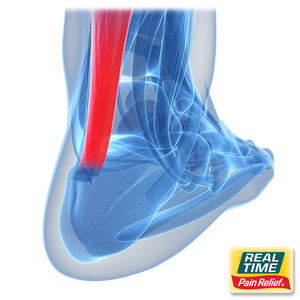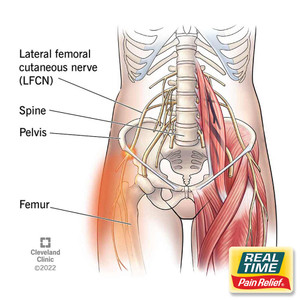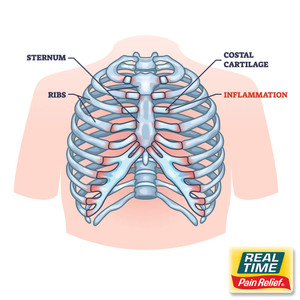8 Tips to Carry a Heavy Bag
20th Apr 2022
Everyone has to carry a heavy bag at some point in their life. After all, they are useful tools, whether you are going on a trip or going to school, work, or the gym.
Did you know that carrying a heavy bag can cause pain in your neck, shoulders, and back because they change your posture and the way you walk? They also limit your normal range of motion, and the weight can cause all of your muscles to overcompensate.
If you carry heavy bags all the time, the stress can add up in your body, increasing your risk for developing scoliosis, which causes a spine curvature, or kyphosis, which causes a hunched back to develop due to weak bones. It can even cause great amounts of muscle tension in the upper back and neck region and lead to tension headaches. Over the course of many years, carrying heavy bags can cause cartilage degeneration and increase your risk for developing Osteoarthritis in your shoulders.
However, bags are still handy for carrying things. So here are 8 tips to help you prevent the pain that comes from carrying a heavy bag!
8 Tips to Prevent Pain from Carrying a Heavy Bag
#1) Rotate Sides for Shoulder Bags
Every now and then, change the side that you are carrying the bag on. This will prevent one side of your body from being overworked and also prevent destructive changes to your posture.
#2) Disperse Weight Properly
Place heavy objects at the bottom of the bag. Placing these items lower reduces the need to curve the spine and change posture to compensate.
#3) Focus on Posture
Make sure that the weight is even to prevent posture changes and stress on the spine. Keep your ab muscles engaged, your shoulder blades down and back, and your weight balanced over your feet.
#4) Ergonomics
Keep the weight close to the body. This will minimize the amount of stress and sway that is placed on the muscles of the spine. You can find backpacks that are ergonomically designed for specific body types.
#5) Think About the Weight
15% of your total bodyweight is the heaviest that your load should ever be.
#6) Carry the Load Correctly
Avoid holding your bag in the crook of your arm; this can cause elbow problems like tendonitis. Always carry the load over your shoulder or back.
If you are carrying a heavy backpack, use both straps. It reduces the amount of pressure and posture changes, and it also keeps the weight evenly distributed.
#7) Choose the Right Straps
Heavy bags place pressure on your shoulders and affect circulation to the muscles, especially bags with thin straps. Long periods of this causes damage to the muscles. The next time that you are looking for a new bag, try to find one that has wide, sturdy straps to reduce shoulder damage.
#8) Strengthen Muscles with Regular Exercise
If you carry a heavy bag often, you would greatly benefit from a regular strengthening program to improve your core and back muscles.
For over 20 years, families across the U.S. have turned to Real Time’s lotions and creams for PAIN RELIEF YOU CAN TRUST®. From Lifestyle Essentials, through our Nujuvena line, to Pain Relief Formulas, Real Time has you covered.
LEARN MORE





